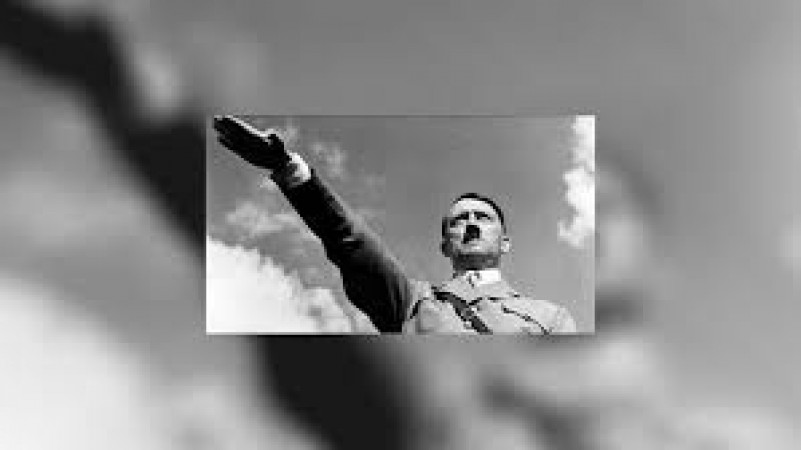
Adolf Hitler, the notorious dictator who led Nazi Germany during World War II, remains one of the most reviled figures in history. While much is known about his political actions and ideology, his religious beliefs have been a subject of debate and speculation. In this article, we will delve into the life of Adolf Hitler, exploring his early years, his rise to power, and his relationship with religion.
Early Life of Adolf Hitler
Adolf Hitler was born on April 20, 1889, in Braunau am Inn, Austria. Raised in a middle-class family, he showed an early interest in the arts and developed a passion for German nationalism. His early experiences with religion were influenced by his Catholic upbringing.
Hitler's Path to Power
As a young man, Hitler moved to Vienna, where he was exposed to political and social ideologies that would shape his future. In 1919, he joined the German Workers' Party, which later evolved into the infamous National Socialist German Workers' Party, known as the Nazi Party.
Hitler's Ideology and Beliefs
Hitler's ideology was rooted in extreme nationalism, anti-Semitism, and the concept of Aryan racial supremacy. He propagated the idea that Germans were a superior race and blamed various groups, particularly Jews, for the nation's troubles. Hitler's speeches were often laced with hateful rhetoric and calls for territorial expansion.
Hitler's Rise to Dictatorship
In 1933, Hitler was appointed Chancellor of Germany, and within a year, he consolidated power through the Enabling Act, effectively dismantling the democratic Weimar Republic. He eliminated political opposition and created a totalitarian regime.
Hitler and Religion
Understanding Hitler's religious beliefs is complex. Although he was baptized into the Catholic Church as an infant, his relationship with Christianity was ambivalent. Some claim he identified as a Christian, while others suggest he exploited religion for political purposes.
Controversies and Debates
Debates over Hitler's religiosity have been ongoing for decades. Some historians argue that he was an atheist, pointing to his critical remarks about Christianity in private conversations. Others contend that he remained a Christian throughout his life, as indicated by some public statements. the religious beliefs of Adolf Hitler remain shrouded in ambiguity and controversy. While he was raised in a Catholic family and occasionally referenced Christian ideas for political gains, his true beliefs remain uncertain. It is crucial to study history objectively and understand the complexities of historical figures like Hitler to prevent similar tragedies in the future.
Reliance Jio Adds 3.04M Users, Vodafone Idea Loses: TRAI
From Popcorn to Dark Chocolate: 5 Energising Snacks to Beat Stress
Yoga For Liver Health: 5 Simple Asanas to Naturally Detoxify Liver